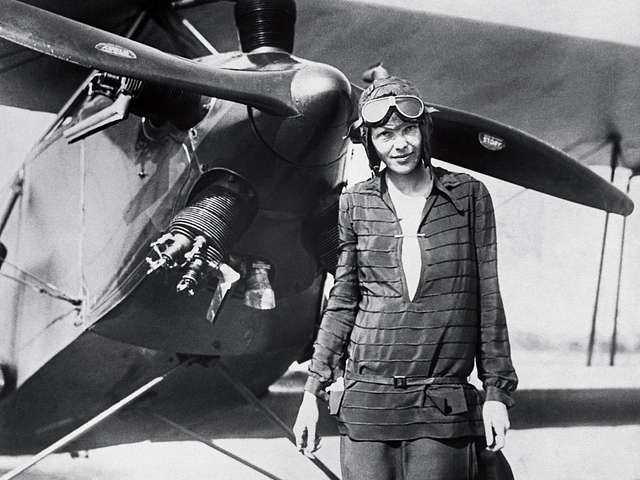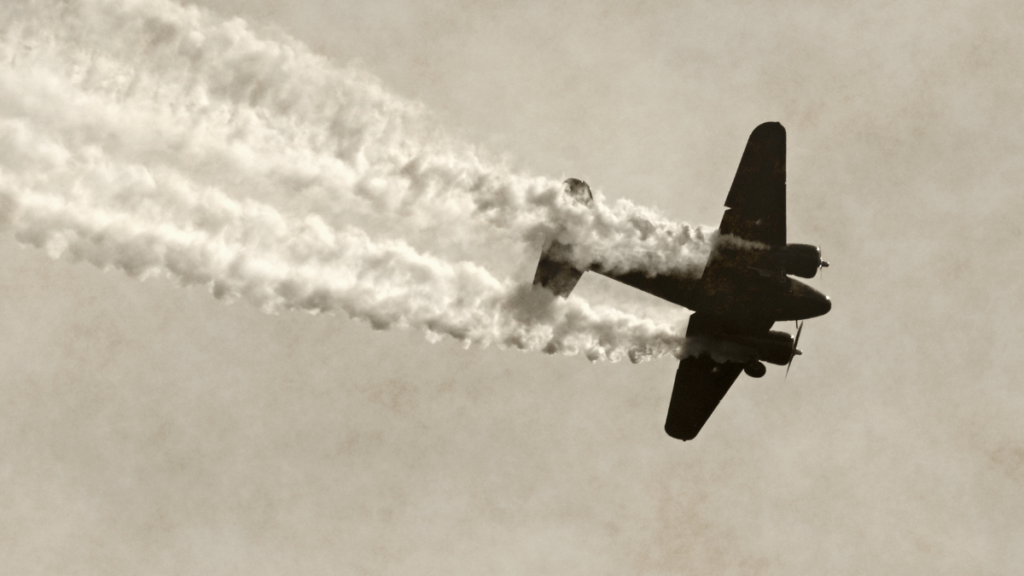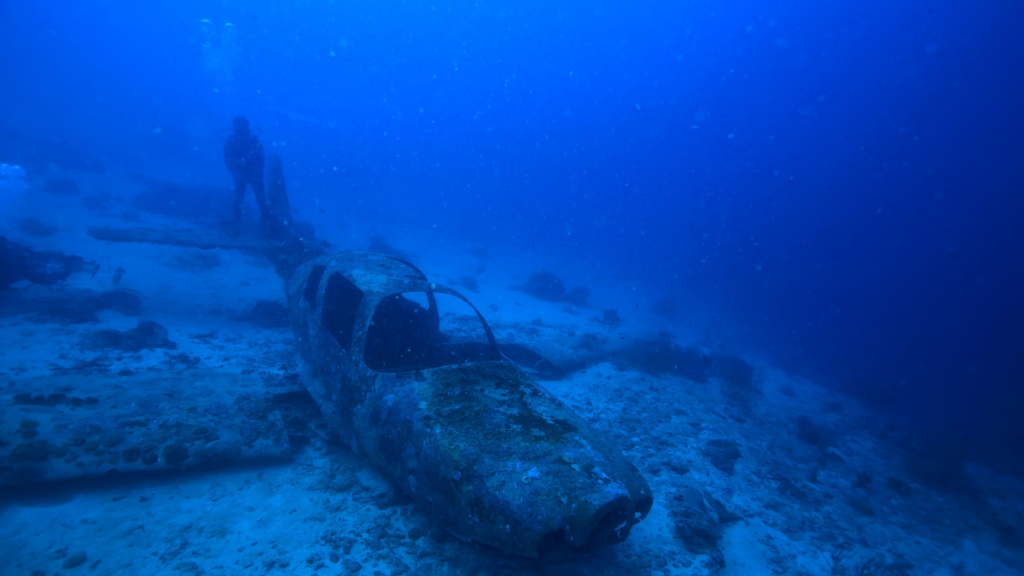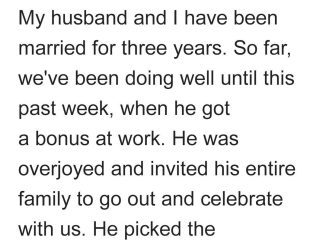A pilot and former intelligence officer in the US Air Force thinks that a picture he took with sonar on a high-tech unmanned submarine may finally solve one of America’s biggest mysteries: What went wrong with famous pilot Amelia Earhart when she was at the height of her fame?
Many people, including Tony Romeo, have started looking for Amelia Earhart’s unique Lockheed 10-E Electra plane. The plane, its famous pilot, and its navigator, Fred Noonan, disappeared over the Pacific Ocean in July 1937 while they were trying to fly around the world.
Earhart’s absence has long puzzled researchers and led to many theories over the years, such as the idea that the Japanese were holding her as a prisoner or that she was working for the government as a spy.
But Romeo, a former real estate investor who sold industrial properties to get the $11 million needed to start funding the search, came back from a 100-day trip at sea in December with a sonar picture that he thinks shows where the plane went missing in the ocean.

A high-tech sea search
The Wall Street Journal reported that his expedition, which used a high-tech, unmanned submersible drone called “Hugin” made by the Norwegian company Kongsberg and a research crew of 16, began in Tarawa, Kiribati, in September of last year and covered 5,200 square miles of the ocean floor.
Romeo dreamed about it for years before he made it come true.
“This has been a story that’s always intrigued me, and all the things in my life kind of collided at the right moment,” Romeo, whose father and brothers are also pilots, told Business Insider. “I was getting out of real estate and looking for a new project so even though I really started about 18 months ago, this was something I’ve been thinking and researching for a long time.”
About a month into the trip, the team took a radar picture of the flat object about 100 miles from Howland Island. However, they didn’t find the picture in the submersible’s data until the 90th day of the trip, which meant they couldn’t go back and get a better look.
The discovery has caught the attention of experts. Dorothy Cochrane, a curator at the National Air and Space Museum of the Smithsonian Institution, told The Journal that the reported location where the picture was taken was very close to where Earhart’s plane is thought to have crashed.
Some, though, say they need better views and more information, like the plane’s license number.
An underwater archaeologist at the Scripps Institution of Oceanography told The Journal, “Until you physically take a look at this, there’s no way to say for sure what that is.”
Romeo said that the search could be “the most exciting thing I’ll ever do in my life.” He also said that he planned to go back to the area to try to get better pictures of the object, which is more than 16,500 feet below the surface, by using autonomous or robotic submersibles with cameras and sonar to get closer to it.

It’s possible that the object Romeo found wasn’t Earhart’s plane. He told BI that it could have been another missing plane from the Pacific or, less interestingly, something made by humans that fell off of a shipping container. But right now, he’s sure he’s made a major find because the fuselage, tail, and wings all have such unique shapes.
“The next step is confirmation — we’ve got to go back out with different sorts of sensors and really photograph it well and take a look at how the artifact is sitting on the seabed,” Romeo told BI. “Once that step is done, lots of people will be involved. The Smithsonian, the family, there’ll be some investors involved because it’ll be an expensive operation, but then we’re thinking: ‘How do we lift the plane? How do we salvage it?’”
He added: “I don’t think we’re there yet. But I do think Americans want to see this in the Smithsonian; that’s where it belongs. Not the bottom of the ocean.”
A decadeslong mystery
Over the years, hopeful travelers have spent millions of dollars on trips to try to find Earhart’s lost plane, but it has been hard to find her since that is where she was last seen.
“It’s very deep water, and the area that she could’ve possibly been in is huge,” Tom Dettweiler, a sonar expert, told The Journal.
This 2009 search for Earhart’s plane said on Twitter that after its 2,500-square-mile search near Howland Island, which was close to Romeo’s search, they only knew where the pilot wasn’t.
Earhart was the first woman to fly alone across the Atlantic and the US. She was officially dead on January 5, 1939, two years after she disappeared. But her influence lives on, and people all over the world are still interested in her.
“It was one of the great mysteries of the 20th century and still now into the 21st century,” Cochrane told The Journal. “We’re all hopeful that the mystery will be solved.”
The dateline theory
Romeo thinks he has taken a huge step toward answering important questions about where the famous pilot went missing after looking through decades of clues and possible leads to her location, such as the “dateline theory.”
Romeo used this idea as part of his search. It says that when Earhart crossed the international dateline during her 20-hour flight, her navigation system stopped working right and sent her off course by about 60 miles, which could have led to her death.

Romeo said that the company he started as part of the search would keep looking for other mysteries in the ocean if he got proof that he had found Earhart’s plane, which he hoped would happen on a later trip this year.
“There’s lots of cool stuff in the Pacific — WWII aircraft and flight MH370 are still out there, and maybe we can make a run at that at some point,” Romeo told BI. “I’m not announcing yet that we are, but I’d love to collaborate with other folks on other projects since we’ve got the state-of-the-art equipment. There’s only a couple of these in the world, and finding these things out is in demand.”
Please SHARE this shocking discovery with Family and Friends and let us know what you think in comments!
Source: atraverslesport.com


